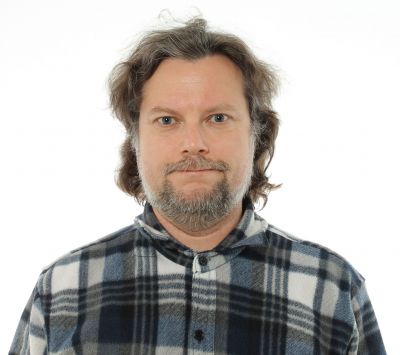Dr. Saulius Gražulis
Chief Researcher
Vilnius University Institute of Biotechnology
1968-08-19, Kaunas, Lietuva (Lithuania)
Nemenčinės pl. 8-1, LT-10102 Vilnius, Lietuva (Lithuania)
VU GMC Biotechnologijos institutas, Saulėtekio al. 7, LT-10257 Vilnius, Lietuva (Lithuania)
grazulis@ibt.lt +370-684-49802
http://crystallography.net/
ORCID: 0000-0002-7928-5218 ResearcherID: J-9056-2015
->DOWNLOAD FULL CV<-
Lecture 21: Saulius Gražulius
Open databases: what do we have, where are we going
Dr. Saulius Gražulis
Vilnius University, Life Science Center, Institute of Biotechnology
Saulėtekio al. 7, LT-10257 Vilnius, Lietuva (Lithuania)
Data collections from solved crystal structures are indispensable in crystallographic studies. First appeared as printed books or sets of cards, then transformed into computer-readable form, they are currently available openly on the Internet for numerous applications that might need this data. The Crystallography Open Database (COD) is such collection of small molecule and mineral data, currently the largest open collection available.
The ever growing amount of published data and its ready availability raises new challenges, and data quality question is of utmost importance. Various levels of conformity can be defined, and different checks can be applied to ensure or at least check this conformity. Quantum mechanics methods can help here as well – first principles calculations can be used as quality checks for incoming crystal structures. Availability of raw data can also help to both double-check the deposited crystal structures as well as data-mine for additional, non-Bragg scattering information. In the talk we will discuss what are the most important directions of data quality assurance the COD and related databases.


